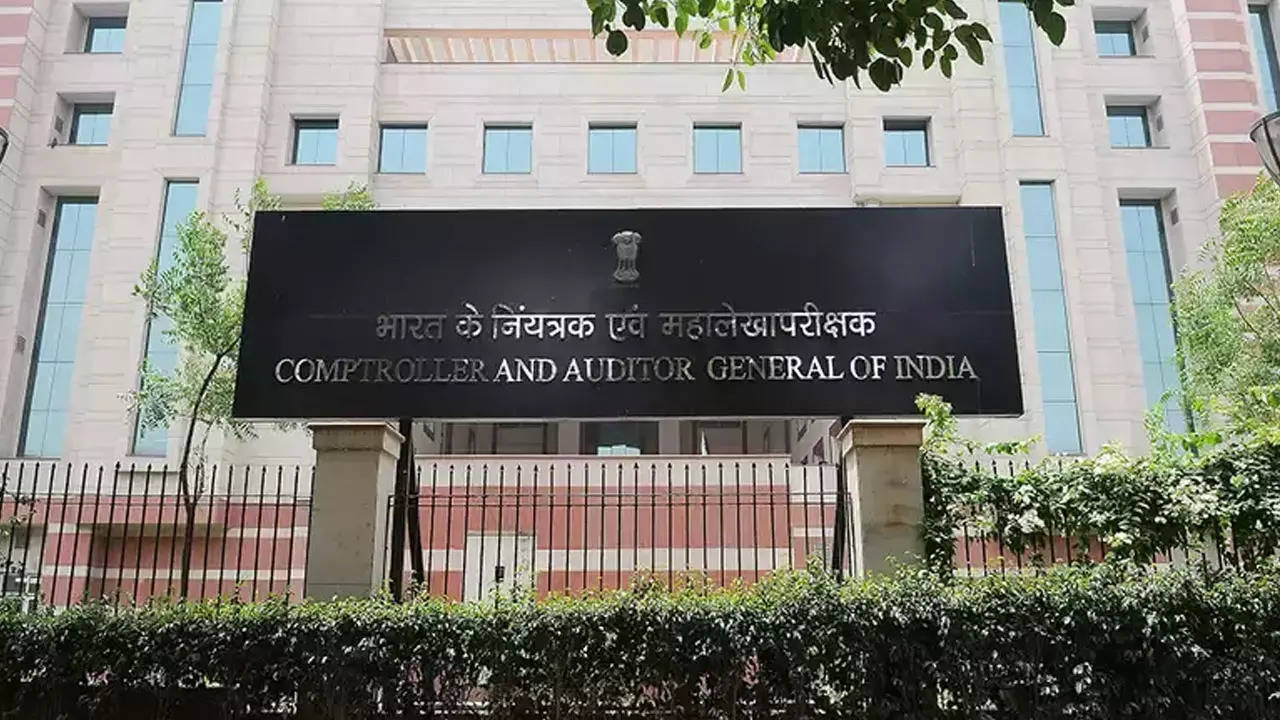
In November 2021, the Delhi government introduced the Excise Policy 2021-22, intending to reform the capital's liquor trade by transferring retail operations from government corporations to private entities. The policy sought to enhance consumer experience, reduce the liquor mafia's influence, and boost state revenue through increased license fees and excise duties.
However, the policy faced intense scrutiny following allegations of corruption and procedural lapses. The Central Bureau of Investigation (CBI) initiated a probe into the matter, leading to the policy's withdrawal in August 2022. Subsequently, the Delhi government reverted to the old excise regime, with liquor sales managed by state-run corporations.
The CAG's audit report, which was recently forwarded to the Lieutenant Governor for presentation in the Delhi Legislative Assembly, indicates that the abrupt policy reversal resulted in a revenue shortfall. The report highlights that while the new policy was operational, there was a notable increase in liquor sales volume; however, the anticipated revenue gains did not materialize as projected.
According to the report, during the policy's implementation, monthly liquor sales nearly doubled compared to the previous regime. Despite this surge, the excise revenue collected was lower than expected. For instance, in the fiscal year 2019-20, under the old policy, the government earned approximately ₹5,068 crore with monthly sales of 132 lakh liters. In contrast, during the new policy period, monthly sales increased to 245 lakh liters, but the revenue decreased to around ₹4,465 crore.
The report attributes this discrepancy to several factors, including reduced license fees, waivers granted to licensees, and potential revenue leakages due to inadequate enforcement mechanisms. It also points to the financial implications of legal challenges and the costs associated with transitioning between policies.
The Delhi government's decision to revert to the old excise policy has also been criticized for its impact on market dynamics. The sudden shift led to operational disruptions for private vendors who had invested under the new regime, resulting in market instability and loss of consumer confidence.
In response to the CAG's findings, opposition parties have intensified their criticism of the Delhi government's handling of the excise policy. Delhi BJP president Adesh Gupta alleged that the policy changes were made for political and economic gains, particularly in the context of the Punjab elections. He claimed that the government's actions resulted in a revenue loss exceeding ₹3,000 crore, while benefiting the liquor mafia.
The Delhi government, however, has defended its actions, stating that the policy was introduced with the intention of reforming the liquor trade and increasing revenue. Deputy Chief Minister Manish Sisodia, who was overseeing the excise department, asserted that there was no corruption in the policy's implementation. He emphasized that investigations, including raids by the CBI, did not yield any evidence of wrongdoing.
The CAG report also underscores the need for a comprehensive review of the excise policy framework in Delhi. It recommends the implementation of robust monitoring and enforcement mechanisms to prevent revenue leakages and ensure that policy objectives are met effectively. The report suggests that any future policy reforms should be undertaken with thorough planning and stakeholder consultation to avoid the pitfalls encountered during the 2021-22 policy rollout.
As the report awaits presentation in the Delhi Legislative Assembly, it is expected to fuel further debate on the governance and administrative decisions related to the capital's excise policies. The findings may also influence future policy formulations, with a focus on balancing revenue generation, regulatory oversight, and market stability.
